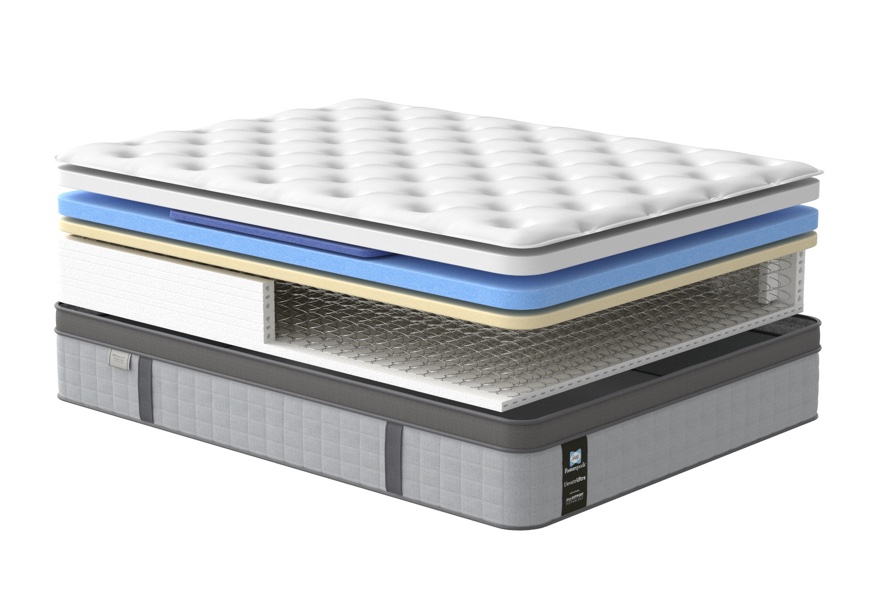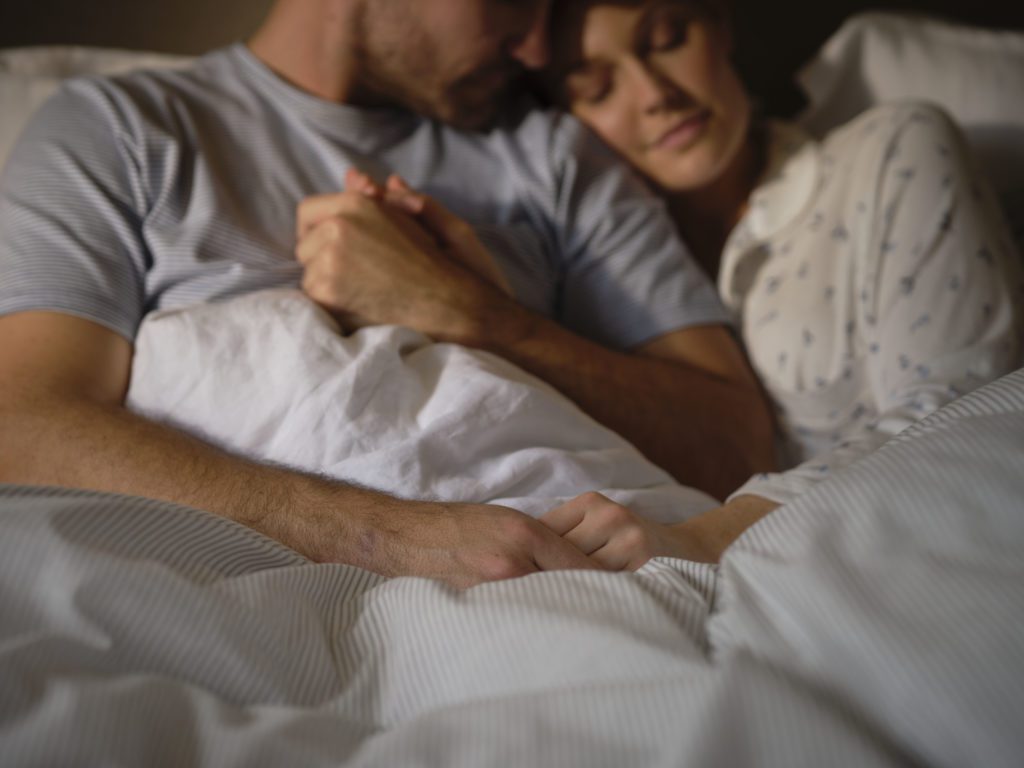Although many of us welcome the extra sleep, this shift in routine can cause problems with your sleeping pattern, with just one extra hour of sleep having the potential to throw your body clock off kilter.
Here, Alison Jones, sleep expert at leading mattress brand, Sealy, shares some tips that will help you to avoid feeling groggy and tired following the clocks going back this Sunday.
Stay consistent with your sleeping pattern in the run up to Sunday
The science of sleep suggests that we get a better quality of sleep when we go to bed and wake up at the same time, seven days a week. By following a regular sleep schedule, our bodies develop a robust circadian rhythm which helps us to fall asleep at the same time each night.
In the run up to Sunday, it is important to go to sleep and get up at roughly the same time each day. Whilst this may seem minor, varying your bedtime in the run up to the clocks changing is likely to confuse your body clock and make it less likely that you will sleep well on Sunday night.
Catch up on your ‘sleep debt’ after Sunday
While frequent lie ins should be avoided if possible, there is no shame in allowing yourself to catch up on sleep when it’s needed.
The average person needs between seven to eight hours sleep per 24-hour period. Failing to regularly get the required amount can accrue a ‘sleep debt’, which, at some stage needs to be re-paid.
With this in mind, try to get in some extra sleep if you need it during the week following the clocks changing – whether it is 20 minutes per day or an extended lie in when your schedule allows it.
Up your exercise to fall asleep quicker
Exercising can increase sleep quality by reducing sleep onset – which is the time it takes to fall asleep. Physical activity can also help alleviate daytime sleepiness and increase energy levels – something that we could all do with during the winter months.
You should therefore aim to keep active in the run up to Sunday. Avoid exercising too late, as this will raise your core body temperature at a time when it should be cooling, which will prevent you falling asleep. A gentle and less-strenuous form of exercise, like yoga or pilates, can be an effective way to relieve your body of the stresses of the day, while also preparing yourself for sleep.
Create the perfect sleep environment
Your bedroom setting is vital to getting consistent sleep, and by creating a comfortable environment, it will give you all the more reason to climb into bed early to unwind.
For the best quality sleep, you want your bedroom to be quiet, dark and the optimum temperature (around 18 degrees). When creating your sleep haven, having a comfortable and supportive mattress that is tailored to your individual needs and sleep habits, is essential. For example, a mattress with Posturetech core support springs will ensure the body’s key pressure points are properly supported, helping ease any discomfort.







